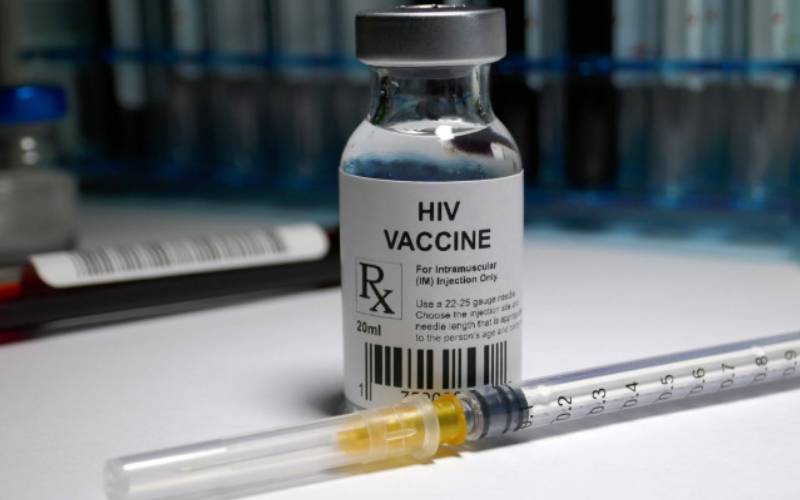×
The Standard e-Paper
Fearless, Trusted News

Research on the vaccine, mRNA-1644, is led by International Aids Vaccine Initiative (IAVI) and biotechnology firm, Moderna. [Courtesy]
The world could be moving closer to finding a vaccine for HIV after the first dose still in its trial stages was recently administered at George Washington University School of Medicine and Health Sciences, USA.